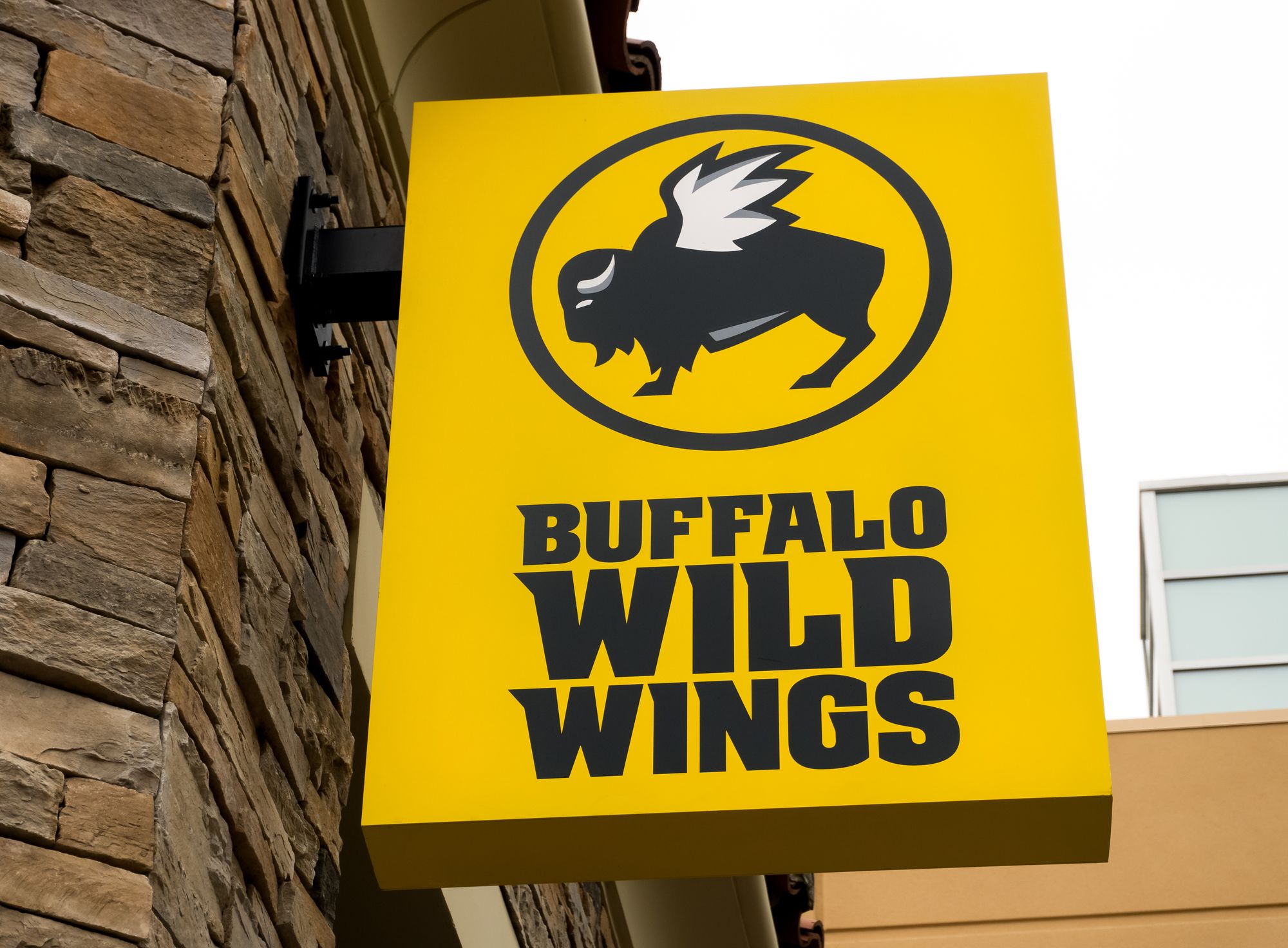Top Class Actions’s website and social media posts use affiliate links. If you make a purchase using such links, we may receive a commission, but it will not result in any additional charges to you. Please review our Affiliate Link Disclosure for more information.

U.S. District Judge Katherine B. Forrest said that while plaintiff Alexa Borenkoff does have the standing required to get her foot in the courthouse door, her Buffalo Wild Wings class action lawsuit ultimately fails to state a claim under New York’s General Business Law.
Borenkoff alleges she paid a “premium” for non-meat food items at Buffalo Wild Wing, which she allegedly would not have done had she known they were cooked in beef tallow. But under the General Business Law, the loss of an item’s purchase price by itself does not qualify as an “actual injury,” Judge Forrest said.
The judge also determined that Borenkoff’s claim for unjust enrichment fails because it was entirely duplicative of her General Business Law claim. Also, Borenkoff’s complaint does not show that it would be “against equity and good conscience” to allow Buffalo Wild Wings to retain the money she paid, as the company never marketed the foods Borenkoff bought as “vegetarian” or “free from beef tallow,” the judge said.
While Judge Forrest ultimately determined Borenkoff does have standing to sue, she acknowledged it was a very close call due to the nebulous nature of the harm Borenkoff alleges.
Borenkoff’s sole alleged injury is that she was induced to buy a product she would not have bought otherwise, the judge noted. The plaintiff does not allege she was harmed by the beef tallow, that the product was defective, or that the food she bought was worth less than food cooked in non-beef oil.
Nevertheless, “[t]here is some ‘concrete and particularized’ injury in paying for one item and receiving another, even if you ultimately receive the ‘benefit of your bargain’ from a purely objective economic standpoint,” the judge said.
This Buffalo Wild Wings class action lawsuit was filed by Borenkoff in November 2016. Borenkoff alleges she visited two different Buffalo Wild Wings restaurants, ordering french fries and mozzarella sticks under the assumption that those menu items were vegetarian.
She argues that a reasonable consumer would not expect such items to be cooked with beef tallow. The industry standard is to use non-beef oil for frying, she claims, and Buffalo Wild Wings’ ingredient list does not mention that beef tallow is used to fry non-meat food items.
As a result, customers who intend to avoid animal products in their food end up unwittingly purchasing and eating foods cooked in beef tallow, Borenkoff claims. She says the Buffalo Wild Wings menu includes many non-meat items like french fries, potato wedges, tortilla chips, and roasted garlic breaded mushrooms, any one of which could be cooked in beef tallow without the purchaser’s knowledge.
Borenkoff is represented by Michael L. Braunstein of The Braunstein Law Firm PLLC.
The Buffalo Wild Wings Beef Tallow Class Action Lawsuit is Alexa Borenkoff v. Buffalo Wild Wings Inc., Case No. 7:16-cv-08532, in the U.S. District Court for the Southern District of New York.
ATTORNEY ADVERTISING
Top Class Actions is a Proud Member of the American Bar Association
LEGAL INFORMATION IS NOT LEGAL ADVICE
Top Class Actions Legal Statement
©2008 – 2024 Top Class Actions® LLC
Various Trademarks held by their respective owners
This website is not intended for viewing or usage by European Union citizens.















7 thoughts onVegetarians Lose Buffalo Wild Wings Lawsuit Over Beef Tallow Fries
This is ridiculous!
She is among the many that are ruining society with law suits. Why would she assume Buffalo Wild Wings would cater to her personal decisions? Why would she not take it upon herself to find these matters out on her own? This lawsuit is a very self righteous act.
As a vegetarian. This is discusting to hear
very disappointed in Buffalo Wild Wings. We were mislead and would have not ordered their food if we had known they were using beef talow. Please add me to the list. thank You.
Actually in many studies it has been found that beef talo is the healthiest fat, and many scientific studies show that seed oil marketed as “vegetable oil” is behind heart conditions, diabetes type 2, multiple sclerosis, etc. Vegetable oils are not from vegetables (unless is olive oil, coconut oil, palm oil) and even those are often mixed with artificial soybean oil and canola oil as these are chip but extremely unhealthy. If you wonder what is unhealthy about fast food is those oils, if you think about you already eat every ingredient they are using at home except people don’t tend to fry their stuff in soybean or canola oil… So Buffalo Wild Wings is actually healthier.
Please add my name to the list.
As a Vegan myself, I always ask how something is prepared instead of assuming.
Plz add me